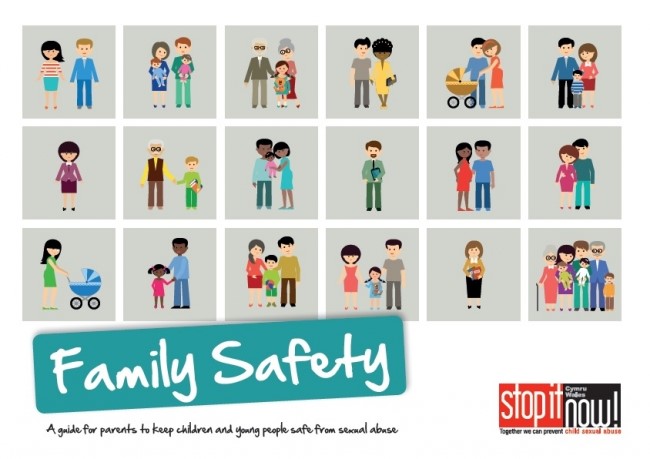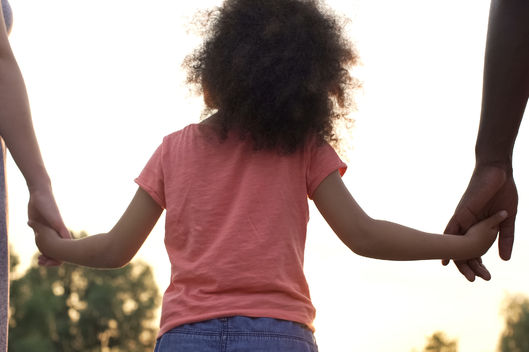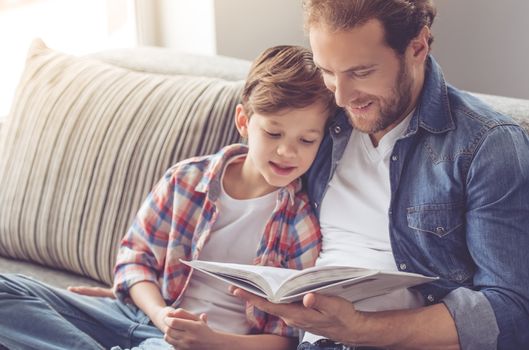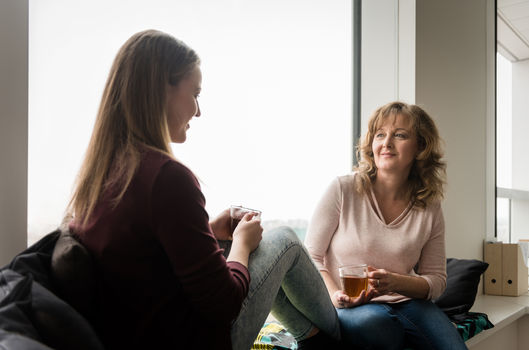Creating a family safety plan
If you want to keep your child safe from sexual abuse, making a family safety plan can help.
A family safety plan brings together all the practical and concrete things you are doing to keep your child safe. When creating a family safety plan it is important to know what is meant by a risk factor and what risk factors might look like.
A risk factor - is something that puts someone at risk of sexually abusing a child. It could be a physical factor e.g. being in close proximity to a child; a situational risk factor e.g. lack of parental oversight. However, alongside being aware of risk factors, other protective factors - the things a family can do to keep the family safer are important to be aware of and consider.
Protective factors can include good communication within the family; supportive relationships; appropriate rules and boundaries. Such protective factors are the building blocks of your family and provide a good foundation for developing an effective family safety plan. You can download a booklet to help you with creating a family safety plan.
Parents and caregivers who make a commitment to speak up as soon as they have a concern, instead of waiting for certain evidence of harm, play an even more crucial role in a child's safety.
Here are some things that you and your family can do to protect children from sexual abuse:
Take sensible precautions with who has access to your children
Be aware of who is paying attention to your children and who their friends are.
Don't ignore any unease you feel about people showing interest in your child.
Obtain information about the safeguarding policy and procedures of any clubs or organisations your child may join.
Ask for proof that adults working in a voluntary capacity with children have been PVG or Disclosure checked.
Set clear family boundaries
Talk about and set clear family boundaries with family members and with other adults who spend time around or supervise the children (e.g., if a child does not want to hug or kiss someone when saying hello or goodbye then he or she can shake hands instead).
If a child is not comfortable with a particular adult or older child then you or some other adult must let that person know (e.g., tell him or her that you don't want your child to sit on his/her lap).
As a child matures, boundaries within the home may need to change as well (e.g., knock on the door before entering the room of an adolescent).
Educate everyone in the family
Understand healthy sexual development in children as well as the sexual behaviours that may be of concern to you as a parent/carer.
Learn the warning signs of a child who may have been hurt by sexual abuse as well as the warning signs in an adult, adolescent or child who may be touching a child in a sexual way. Your concerns may be about non-touching behaviours as well (e.g. showing pornography to a child).
Teach children the proper names for body parts and what to do if someone tries to touch them in a sexual way. Remember to let young children know that no one has the right to touch their private parts (unless for medical reasons) and that they should not touch anyone else's private parts.
Open lines of communication
Whether talking with a child, adolescent, or adult, about sexualised behaviours or your concerns, the conversation is just a beginning and not a one-time event.
Let everyone in the family know it is OK to ask questions. It is important for adults to set the tone for everyone by talking about the range of healthy sexual behaviours; what constitutes unhealthy sexual behaviour and by encouraging everyone to speak up about sexual abuse.
Seek help and advice - you are not alone
If you are concerned about the sexualised behaviour of a parent, cousin, sibling, friend, or neighbour, it is important to talk with them. If you are concerned about your own thoughts and feelings towards children, help is available.
Make sure everyone knows that it's OK to talk with you about what may have already happened - that you love them and will help them. For additional resources or for advice on developing your Family Safety Plan, call our Helpline on 0808 1000 900.
 |
You can download a booklet to help you with creating a family safety plan from our Parents Protect website |
Digital Safety Plan template
| If you want your child to avoid risky online sexual behaviour and use the internet safely, a digital safety plan can help. Your child needs to feel that it is theirs, but you should develop it together |
Did you know?
Stop it Now! Scotland can give you confidential advice. Just call 0808 1000 900
Source - Stop it Now! Scotland
Read more







